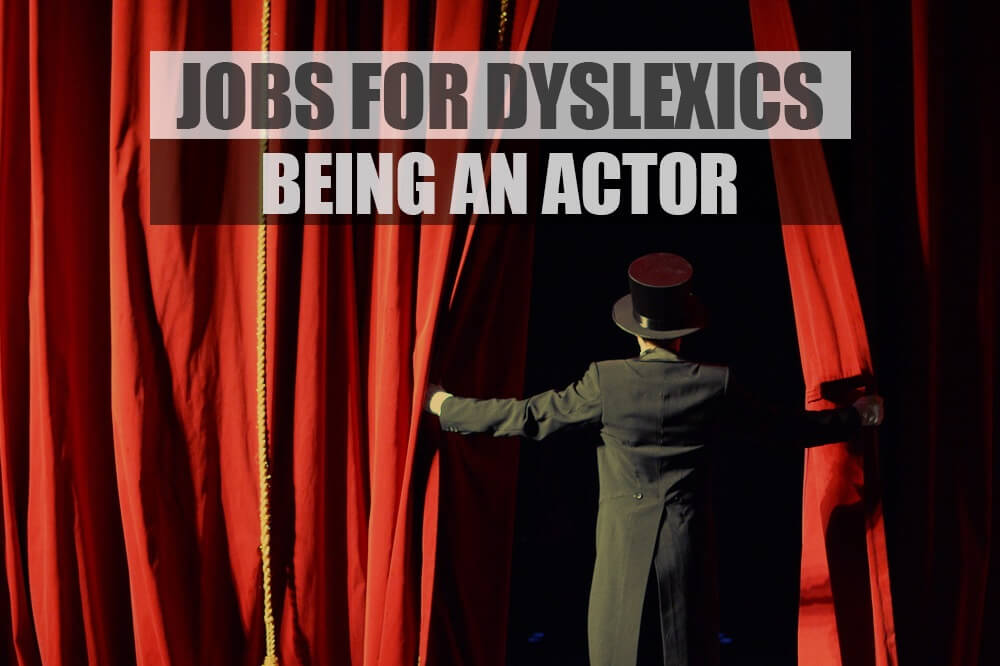
As dyslexics we are often told that there are some jobs that we are just not suited to, or that our unique challenges may make certain professions no go areas. We at The Codpast are having none of that.

Name: Phil Duguid-McQuillan
Age: 27
Title: Actor/ Writer/ Managing Director of Comparison Website Headshot Hunter
Award: Monologue Slam Winner 2016
What does your job role entail?
MD: Running the day to day website; social media, marketing, email, advertising online or physically going out and flyering, photographer recruitment and business relations with other businesses that might benefit mutually from working together.
Actor: Researching jobs, working in an actors coop management; practising; doing classes, working as an agent for other actors.
Writer: Writing Blogs, Social Media content, Sketches, Writing a TV Pilot & Feature Film.
Do you remember your first experience with dyslexia?
Yes, the first experience with dyslexia was when I was in year 4-ish, in the first school. I was upset to have to be taken out of lessons to sit in a room with a support assistant and go over the Alphabet Ark (individual wooden letters shaped in an ark) & stair at the support assistant while she mouthed her TH & F sounds at me. Still get them wrong sometimes.
How did/does dyslexia affect you?
I was tested at age 4/5 and then tested at university age 18. I had grown up being told I was dyslexic, being taken out of lessons and given ‘special’ treatment because of it. Then at 18, they told me it was so long ago the diagnosis might be wrong. I was worried my whole life up to that point might have been a sham. Anyway, they tested me and it turned out I had exactly the same score as before, not from an intellectual point of view but from a Dyslexia diagnosis point of view I was ‘classically dyslexic’. That means I have a bit of all the different types of dyslexia. I struggled with reading and writing and numbers but I think how it mainly affected me and still does, is how I process information differently and sometimes it’s difficult to understand instructions or retain information. For example, I can never remember names but I always remember faces.
What did you think your job prospects would be at school/college?
At one point I wanted to be a vet until I decided I wanted to be an actor at around 16. I never thought I’m going to struggle but I did think, for a long time, having put all my eggs in the basket of acting that if I didn’t act I wouldn’t be able to do anything else. Which I now realise is not true.
Did you ever think you would be able to work in the field that you do?
I didn’t really think you could be an actor until I was 16 and starting thinking about drama school.
I didn’t think I would be able to make money as a writer until a professional writer told me I was good and I should do it more, which was only a year ago.
I never thought I’d be able to set up and run my own business, even after two years of doing it I didn’t believe I could do it but I just did and now I realise you can do anything if you are willing to put the time in.
How did/do you overcome the difficulties you thought you may face in this field?
In terms of business, I think you should never be scared of asking for help and once I stopped trying to prove I could do it all by myself, I learnt that everyone has different skills, strengths and weaknesses and you can use someone else’s strengths to help your weaknesses. E.g. Someone else reading over the content or talking through a pitch or an idea to check for errors or just to get another perspective.
In terms of writing, I’m still finding my own way of doing this, I don’t think there is a right way to do anything. But I’ve discovered I need to take lots of breaks when writing or my mind wondered or shuts down and I get very tired. It’s the same when acting and learning lines, I have to break things down into manageable chunks and takes lots of breaks to give my brain time to process.
I think in terms of my acting I’ve realised I just need to put more work in than other actors to get to the place the work needs to be at. Usually, this means putting more time aside and sacrificing evenings to get to the standard that’s needed to succeed.
Do you think this is a role that is suitable for dyslexics and what do you think a dyslexic way of thinking brings to the role?
Dyslexia is great for any creative job as dyslexics think in a different way to most and some of the most creative and original pieces of work have come from dyslexics. Technically actors are ‘wordsmiths’, which I was told at drama school. Acting is all about reading and learning…not really the favourite thing to do for most dyslexics but many dyslexics thrive as actors, they find a way and get the job done.
Writing is obviously not the first job you would imagine a dyslexic to have, dare I say probably the last job, but again being able to be different and stand out, makes you more valuable than a writer who writes with ease but can’t think outside the box.
In terms of running a business, as a dyslexic, I struggle sometimes to organise myself and you need to be organised or it gets on top of you easily. This is something I’ve been working on and have got better at over time. I think as a dyslexic I bring a different way of going about things, a different idea, a different perspective, not that they’re always right but it gives you more options than just the way everyone else does something.
What is your most effective coping strategy?
Work harder, do more, know your limitations and give yourself a break, physically and mentally. I’ve witnessed a lot of dyslexics, including myself, beat themselves up about whatever issues there struggling with. Knowing myself, how I learn, read and process things and give myself the time and prepare the right strategy to deal with something. I guess preparation is really key for me in all aspects of my life.
Literature:
Paperbacks, eBooks, audiobooks or other? Why?
I do read online or on my iPad but just for convenience, I read paperbacks and quite enjoy reading paperback plays, it makes you feel like an actor.
What was the last book you read/listened to?
The last thing I read was a play. The last book I read was a book on business ‘What they don’t teach you at Harvard Business School’. I haven’t read many books because I’m so slow at reading and I struggle to understand concepts. I have to reread segments over and over to totally understand something sometimes. The first novel I read was in 2011 ‘One Day’ and I only read it because I was trying to impress a girl. Turned out to be a good book and relatively easy to read.
The preferred way to keep up with Current Affairs:
I mainly watch TV and research on social media, for my acting I do like to listen to podcasts, especially hearing about other actors, it inspires and galvanises me to keep going.
Coping Strategies:
Assistive Tech or O’natural? What tech do you use?
Don’t really use any specific tech. iPad and laptop nothing special, even a pen and pad.
Communication in the workplace:
Email, Phone, Skype? Why?
Email mainly, just because it’s quick and convenient, I can get to the point and answer quickly. Time is money. However, if you really need some information and want to build a relationship, nothing beats a phone call.
Philip Duguid-McQuillan is represented by City Actors Management. You can find out more about him at this Spotlight profile or follow him on Twitter: @duguidmcquillan
If you like this post subscribe to this blog, join our newsletter or follow us on Facebook or Twitter to keep up to date with new content. You might also like our podcasts.
The Codpast is a multimedia production from www.extraordinaire.tv


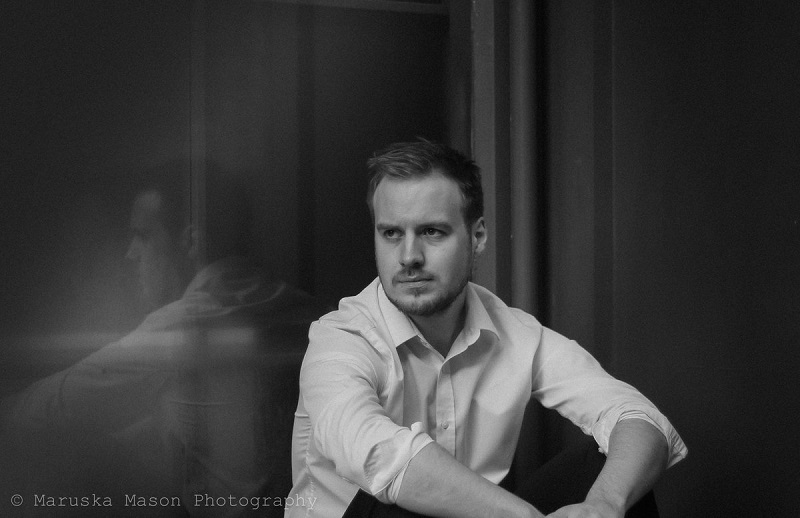
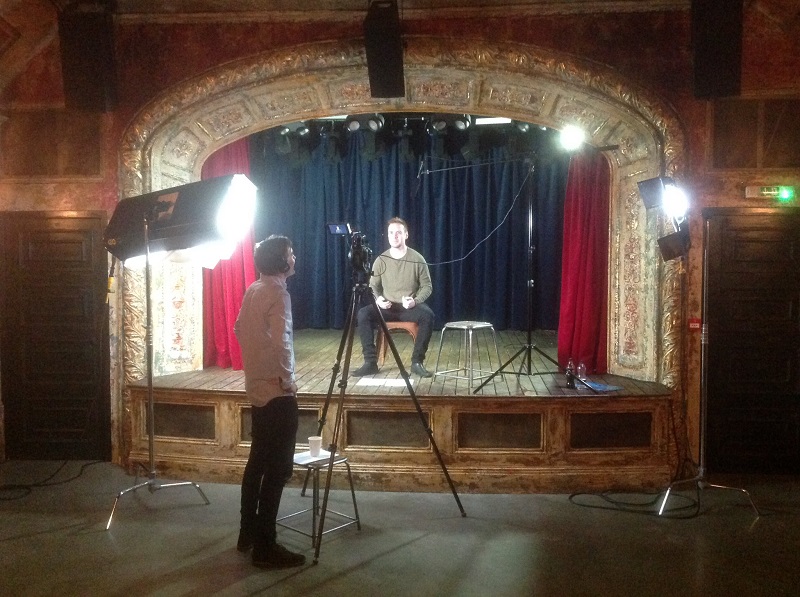

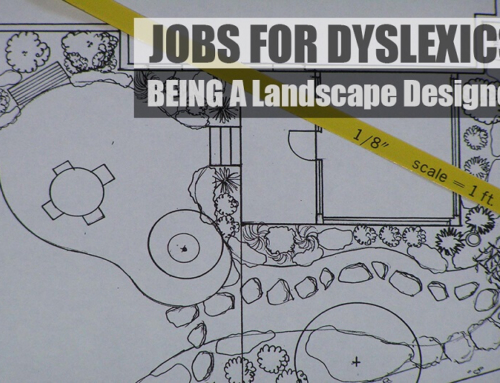
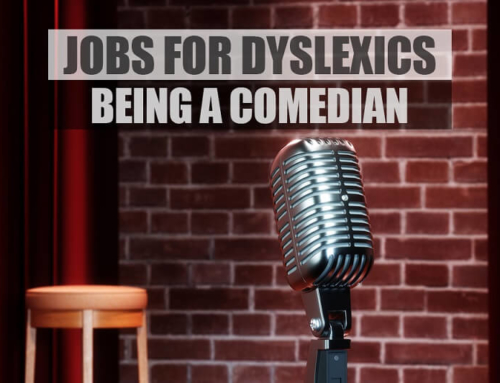

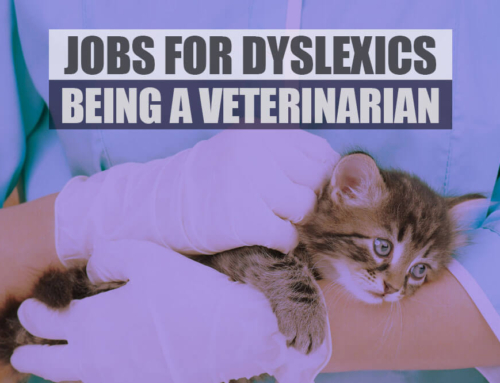
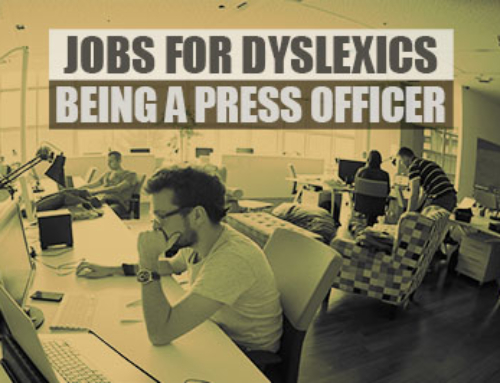

Great post. But I’d like to take it to the next level – as an actor, a performer, dance artist etc seem perfect also for ADHD -affedted -ppl.
There are simply many jobs that are not so focued on verbal-written material, sometimes even do not require that much focus that is impaired in ADHD.
tt’s an important news for ppl with diagnoses!!!